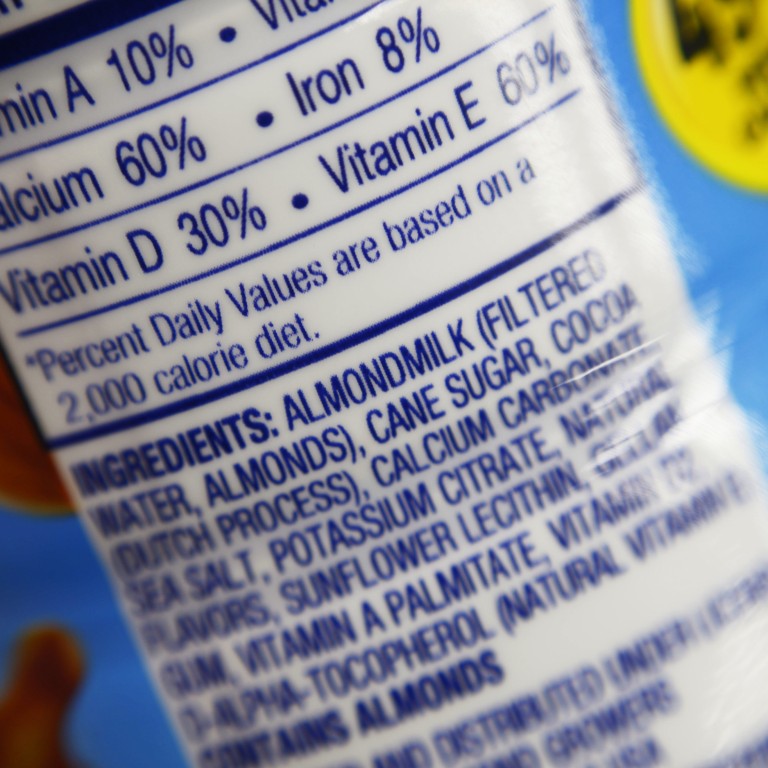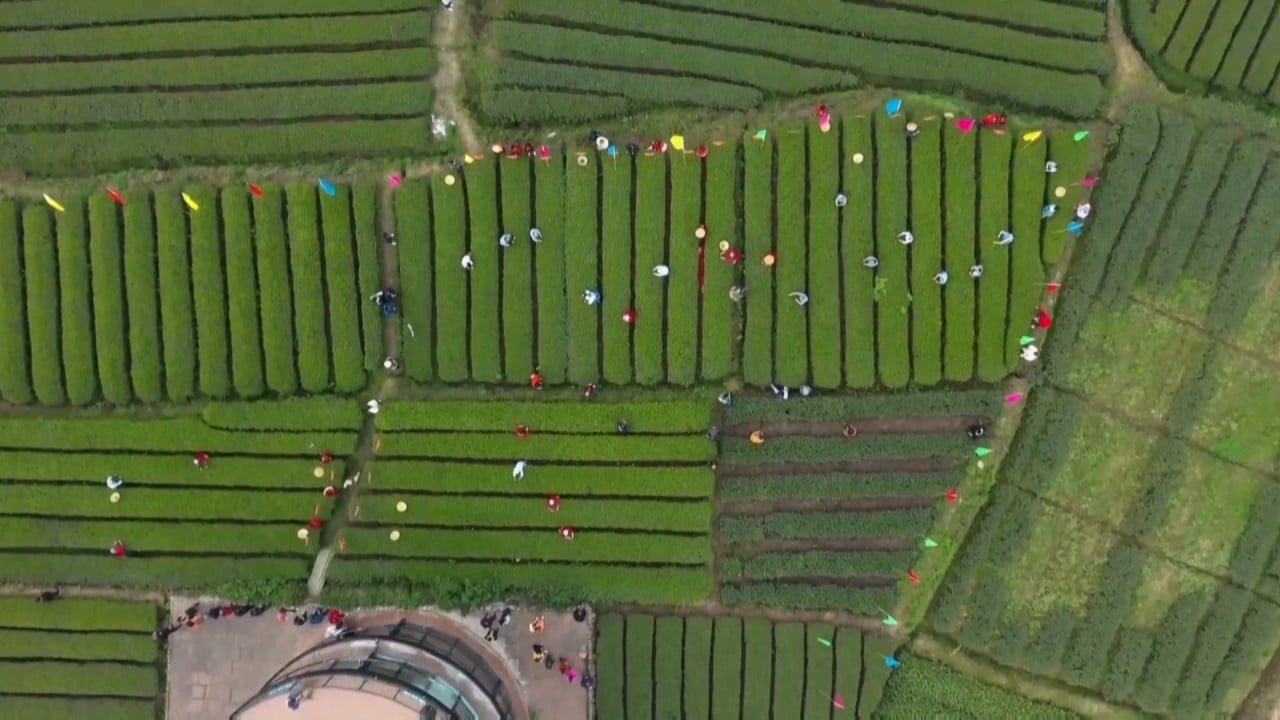
Eating healthy is simple: choose food over highly processed food
- While Hong Kong’s obesity problem is not as widespread as in the West, there is still reason for concern as the Western diet becomes more prevalent
- Heeding Michael Pollan’s food rules can help cut through much of the confusing language around food and improve what and how we eat
Why the suspicion? First, the full name: Toasted Coconut Almond Milk Blend. Obviously, the giveaway word was “blend”, which opens up a Pandora’s box of possibilities inside.
It reminded me of my first adventure down a US supermarket aisle, several decades ago, in search of some muesli for breakfast. I encountered almost 40 metres of vividly packaged offerings, from a wide range of granolas to hundreds of muesli-like substances, but my search for simple, unglamorous muesli was in vain.
Second was the elaborate list of things this blend did not have: 100 per cent vegan, low saturated fat, lactose-free, soy-free and carrageenan-free. The minute you see such a long list of things it is free of, you start to build a mental list of what it might not be free of.
By the way, what on earth is carrageenan? Why is it so important to eliminate something I never knew existed? Wikipedia tells me carrageenan is derived from a red seaweed. It has apparently been used for centuries as a thickener in ice cream, cottage cheese and jellies. But in the past decade some scientists have claimed it is responsible for colitis, rheumatoid arthritis and even colon cancer.
Above all else, this barrage of health information tells me one uncomfortable truth about the almond milk blend: this is a very highly processed food. It is what food writer Michael Pollan in his 2009 book Food Rules calls not a food but “an edible food-like substance”.
After all, while Hong Kong is not up there among the world’s most obese populations – 36.2 per cent of US adults were obese in 2016, with Saudi Arabia coming in second at 35.4 per cent – we certainly have a problem. Hong Kong’s adult obesity rate was 30 per cent in 2016, compared to around 4 per cent in South Korea and 9 per cent in Singapore.
Why turn to Pollan? After all, he is a journalist like me. But no book matches Food Rules for its simplicity or Pollan’s capacity to cut through the charlatanism that so populates food science and why the modern Western diet is making so many millions of people sick.
So, too, is there a huge vested interest in our health and pharmaceutical industries. In the US, diet-related diseases account for an estimated US$250 billion a year spent on health care.
It is in Pollan’s food rules that he cuts most deeply home. Rule 1: eat food rather than “edible food-like substances”, based on ingredients which “no normal person keeps in the pantry”.
Rule 6 has been one of the most impactful: avoid food products that contain more than five ingredients on the label. In the wake of publication in 2009, hundreds of food products on supermarket shelves brandished new packaging with just five ingredients on the label. Pollan clearly sees supermarkets as a feasting ground for linguistically contortionist marketers and thus “particularly treacherous places to shop for real food”.
Other rules are classics. Number 14: eat foods that will eventually rot. Number 23: it’s not food if it’s called by the same name in every language. Rule 39: don’t eat breakfast cereals that change the colour of the milk.
I am going to feel guilty over that Toasted Coconut Almond Milk Blend for a long time. And I will hunt down some carrageenan when I am back in the UK, even if only to see what it looks like.
David Dodwell researches and writes about global, regional and Hong Kong challenges from a Hong Kong point of view




